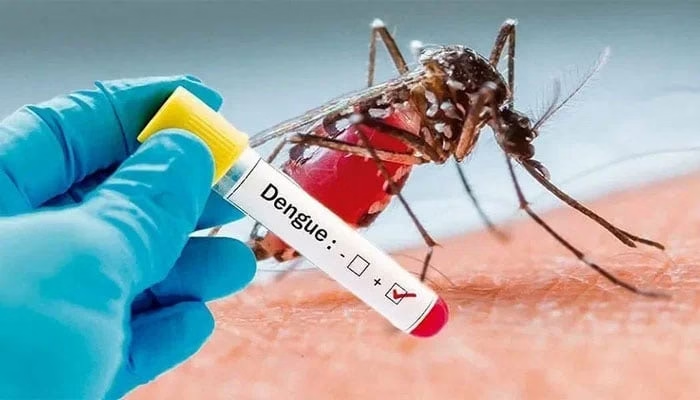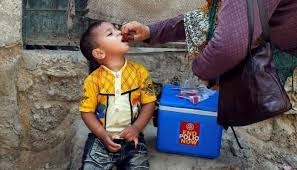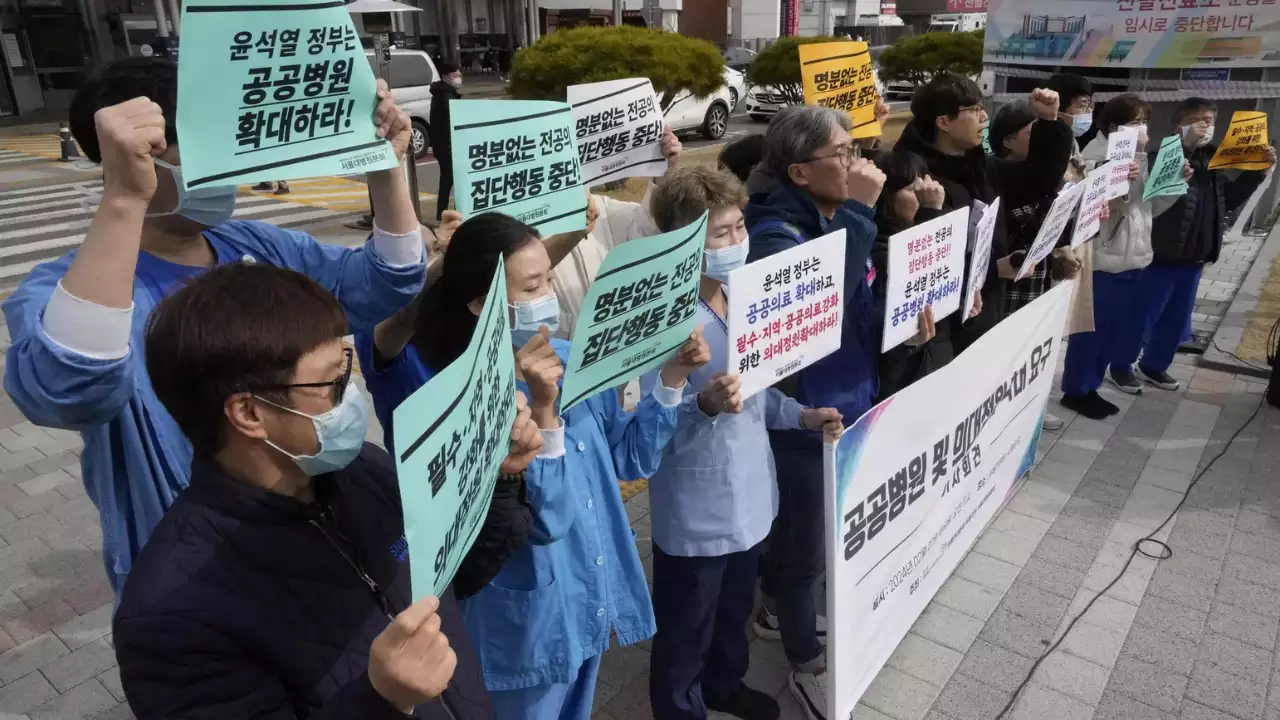A four-year-old girl tragically lost her life to dengue fever in Karachi, highlighting the growing concern of dengue fever in the city. According to hospital authorities, the young patient had been admitted to the Sindh Institute of Child Health on October 17, where she was receiving treatment for dengue. Despite medical efforts, her condition worsened, and she passed away, marking the third death in Karachi linked to dengue fever this month.
Rising Dengue Cases in Karachi and Sindh
The situation surrounding dengue fever in Karachi continues to worsen as the number of reported cases climbs sharply. The Sindh Health Department has confirmed that 439 dengue cases have been recorded across the province in October alone. Out of these, Karachi has reported the highest number, with 188 confirmed cases. This sharp rise has placed immense pressure on hospitals and healthcare facilities across the city, which are struggling to manage the influx of dengue patients.
Why Karachi Is Facing an Outbreak of Dengue Fever
Experts believe that the surge in dengue fever cases in Karachi is the result of multiple factors, including poor sanitation, stagnant water after rainfall, and ineffective mosquito control measures. The Aedes aegypti mosquito, which spreads dengue, breeds in clean, standing water commonly found in open containers, flower pots, and uncovered water tanks. With the recent monsoon rains, many areas in Karachi have become ideal breeding grounds for mosquitoes, increasing the risk of infection.
Public health officials have also pointed to a lack of awareness among citizens about preventive measures. Many households do not take sufficient precautions, such as using mosquito repellents, installing window screens, or covering stored water. As a result, dengue fever in Karachi continues to spread rapidly, especially in densely populated neighborhoods.
Efforts by the Sindh Health Department
In response to the growing crisis, the Sindh Health Department has launched awareness campaigns and fumigation drives to control the mosquito population. Hospitals across the city, including the Sindh Institute of Child Health, have been put on high alert to handle dengue patients effectively. Health officials have also urged residents to visit medical facilities immediately if they experience dengue symptoms such as high fever, severe headache, body pain, or skin rash.
The department has further emphasized the importance of early diagnosis. Patients who receive timely treatment and proper hydration can recover successfully. However, in severe cases—especially among children, elderly individuals, and those with weak immune systems—dengue fever can turn fatal.
How to Prevent Dengue Fever at Home
Preventing dengue fever in Karachi requires both individual and community efforts. Simple yet effective steps can reduce mosquito breeding and the spread of infection:
- Eliminate stagnant water: Empty and clean water containers regularly, including plant pots and bird baths.
- Use mosquito repellents: Apply repellents to exposed skin, especially during the early morning and evening hours.
- Cover water tanks: Ensure that all water storage areas are properly sealed.
- Wear protective clothing: Long sleeves and trousers can reduce mosquito bites.
- Keep surroundings clean: Dispose of trash properly and avoid water accumulation near homes.
These preventive actions can play a vital role in protecting families and neighborhoods from dengue fever in Karachi and across Sindh.
Public Health Challenges Ahead
While authorities are taking measures to control the outbreak, dengue fever in Karachi remains a serious health concern. The rising number of cases and fatalities show that more comprehensive and long-term strategies are needed. These include improving waste management, regular fumigation of high-risk areas, and ensuring public cooperation in maintaining cleanliness.
Health experts also stress the need for better surveillance systems and community education programs. Awareness about how dengue spreads and the importance of early treatment can significantly reduce its impact.
The death of a 4-year-old girl due to dengue fever in Karachi is a tragic reminder of the ongoing public health crisis. With over 439 dengue cases reported in Sindh this month—188 of them from Karachi alone—the city faces a growing threat that demands urgent attention. Effective prevention, timely medical care, and public awareness are essential to controlling dengue fever in Karachi and preventing further loss of life.



